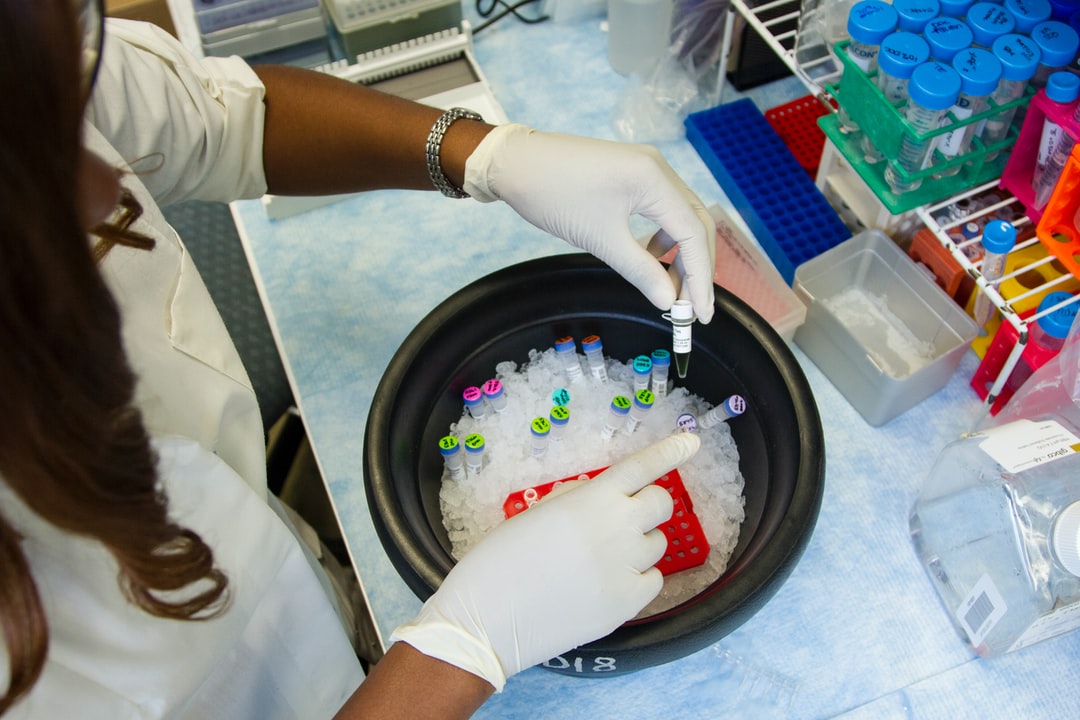IMPORTANCE OF LAB TESTING
Precision lab testing eliminates guesswork, allowing your practitioner to provide tailored and personalized testing to meet your unique wellness needs.

DISCOVER WHY WE TEST THE GI-MAP
AND MRT AT THE SAME TIME!
The GI-MAP stool test is designed to identify imbalances that are present in the Gastrointestinal tract. The information received from this test gives us valuable insight into parasitic pathogens, viral pathogens, normal bacteria, opportunistic bacteria, potential auto immune triggers, fungi, yeast, parasites “worms” and important information about the quality of our intestinal health/ immunity. It’s critical to identify these, then address any functional issues that are present so that we can begin the healing process. Next, we use the results from the MRT the “food sensitivities” test to determine what foods and chemicals you are reactive to. These foods/chemicals tend to create inflammation and can hinder the healing process if they aren’t removed. Therefore, addressing functional issues alone without removing trigger foods would not yield the same results. The same goes for just taking the MRT. Removing foods that create inflammation would provide temporary relief. However, it still doesn’t address the underlying functional issues that are present. This is why both test should be completed together for the best results.

LEARN WHY THE GI-MAP IS OUR PREFERRED STOOL TEST!
The Gastrointestinal Microbial Assay Plus (GI-MAP) was designed to assess a one’s microbiome from a single stool sample, with particular attention to microbes that may be disturbing normal microbial balance and may contribute to perturbations in the gastrointestinal (GI) flora or illness. The panel is a comprehensive collection of microbial targets as well as immune and digestive markers. It screens for pathogenic bacteria, commensal bacteria, opportunistic pathogens, fungi, viruses, and parasites. It primarily uses automated DNA analysis to give integrative and functional medicine practitioners a better view into the gastrointestinal microbiome.
Some of the common issues we see when there are disruptions in the microbiome are:
Bloating, Abdominal pain, Constipation, Food Poisoning, Irritable Bowel Syndrome, Reactive arthritis, Ulcerative colitis, Asthma, Eczema, Diarrhea, Gastroenteritis, Gastric Cancer, Gastroesophageal reflux, Rheumatoid Arthritis &
Small Intestinal Bacterial Overgrowth.

WHY DO WE USE THE MRT
FOOD SENSITIVITY TEST?
The Most Complete Blood Test For Food & Food Chemical Sensitivities
Studies have shown that food sensitivities play a significant role in our health challenges that create inflammation in the body. The MRT allows us to take a deeper look into foods that are creating havoc in our bodies by assessing 170 different chemicals, foods, spices and beverages. This information then allows us to create a customized protocol that is geared towards optimizing your health as you begin to heal and seal your gut.
Adverse Food Reactions May Play A Role In:
Celiac Disease, Dyspepsia, ADD/ADHD, Autism Spectrum Disorders, Irritable Bowel Syndrome
Inflammatory Bowel Disease, Eczema, Fibromyalgia, Migraine, Chronic Urticaria, Cyclic Vomiting Syndrome, Rheumatoid Arthritis, & Chronic Fatigue Syndrome.
© Copyright Wholistic Essentials 2025